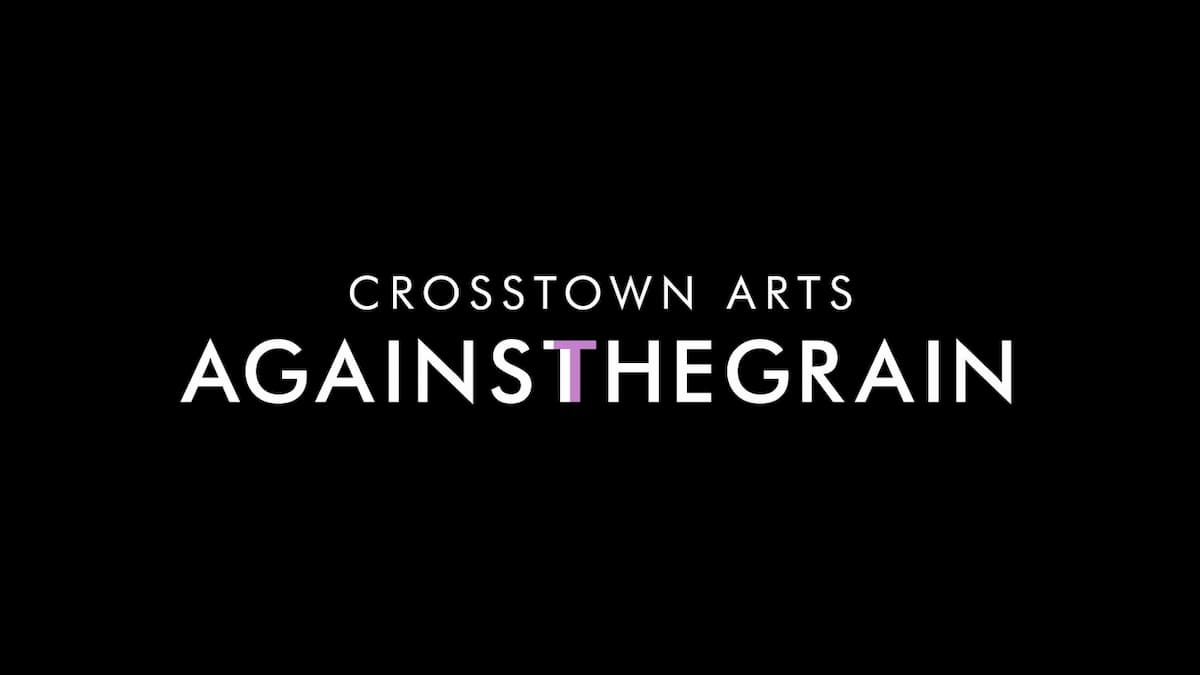New artist videos include Steve Selvidge (of The Hold Steady), John Németh (two-time Blue Music Award winner), Cory Branan, & Optic Sink.
Memphis, TN-based nonprofit contemporary arts organization Crosstown Arts has launched a new online platform, Against the Grain, which showcases made-at-home performance videos by Memphis musicians: Against the Grain
More than 100 artists in all genres have submitted videos, with the first slate including Steve Selvidge (of the Hold Steady); “true soul” singer (Esquire) and two-time Blues Music Award winner John Németh; NPR-praised songwriter Cory Branan; Rolling Stone-featured songwriter and alum of NBC’s The Voice Grace Askew; and Optic Sink, featuring Natalie Hoffmann, who also performs in the Goner Records-signed band NOTS. The recorded-at-home nature of the videos on Crosstown Arts: Against the Grain taps into the grit-and-grind spirit of Memphis’ music scene.
Crosstown Arts is directing $5,000, a portion of the organization’s music department performance budget, to the first 100 musicians who submit at least one song. That guarantees a minimum of $50 in ticket sales to each of those musicians.
American Songwriter profiled Crosstown Arts in its January/February issue. Journalist Lynne Margolis calls Crosstown Arts a “creative hub … so innovative, it could become a template for sustainable arts support,” continuing, “The entire place not only stands as a shining example of what determined dreamers can achieve, it also exudes a sense of possibility – and feels like a vortex of creative energy, spiraling like the massive red staircase connecting Crosstown Arts’ first and second floors.” Read the whole article here.
Crosstown Arts’ artist residency program will accept applications for 2021 residents from July 15 through September 15, 2020. The residency program welcomes artists of all genres, including musicians, and provides them with lodging (for non-local residents), studio space, resources, and plant-based meals.
Viewers can watch the videos at Crosstown Arts: Against the Grain for free or opt to buy a virtual ticket to directly support musicians who are unable to perform in public during the pandemic. All of the funds generated from musicians’ videos are paid directly to each artist twice monthly. Participating musicians are invited to submit as many videos as they wish, at no cost to them.
Virtual tickets start at $5, the same price that audiences typically pay at the door of a live show in Memphis. Those who wish to donate more to a musician will have the option to add additional funds to their ticket.
The videos that musicians submit are newly created. Unedited, one-take, smartphone videos with no additional audio or video gear are encouraged but not required.
Crosstown Arts is a non-profit contemporary arts center offering a variety of music/visual art spaces and programs in Memphis. Located inside Crosstown Concourse (a one-million-square-foot renovation of a former Sears distribution building that Crosstown Arts has managed since 2010), the organization operates a 425-seat black box theater, an intimate listening room for live music, a 5,000-square-foot exhibition space, a multidisciplinary artist residency program, a shared art-making facility with public access to digital/analog production resources, plus a cafe and bar. Crosstown Arts’ mission is to further cultivate the creative community in Memphis.
Crosstown Arts’ music department has hosted performances from a wide variety of artists, including Todd Snider, Mononeon, members of the Memphis Symphony Orchestra, Booker T. Jones, members of Big Star, The Bad Plus, Kirk Whalum, North Mississippi Allstars, Rebirth Brass Band, John Fullbright, The Midnight Hour, and Jonathan Butler.
In 2019 alone, Crosstown Arts welcomed 15,193 adventurous listeners to the organization’s music venues. In an April 2019 article about Crosstown Arts’ music scene, Memphis Commercial Appeal reporter (and author of the acclaimed book Trouble Boys: The True Story of the Replacements) Bob Mehr predicted that the organization was “poised to take advantage of its setup to become a unique cultural centerpiece, not just in Memphis, but in the United States.”
